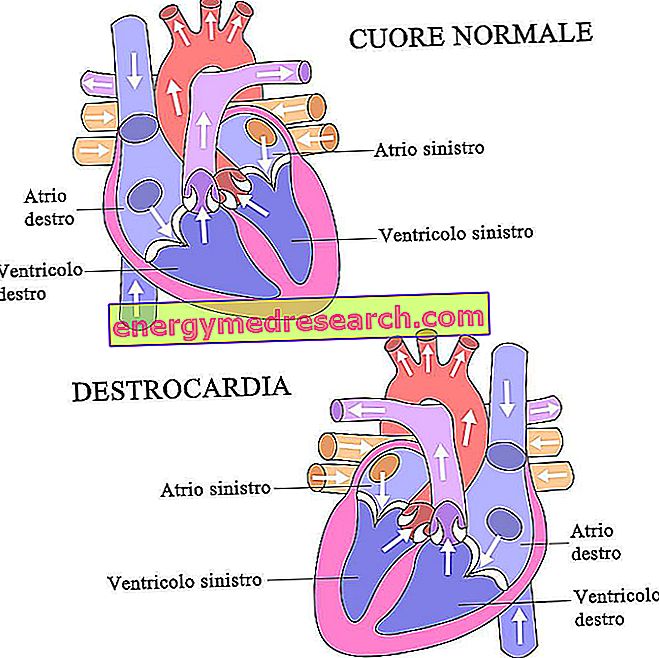
A type of encephalopathy that is usually temporary - that is reversible if treated in time and in the right way - is the so-called Wernicke's encephalopathy or Wernicke's disease .
This particular neurological disease - which owes its name to a German neurologist named Carl Wernicke - arises due to the exhaustion of the reserves of vitamin B1 (or thiamine ) present in the body.
The main conditions that can cause a strong deficiency of vitamin B1 in the body and which indirectly can then cause Wernicke's encephalopathy are severe alcoholism, malnutrition and bariatric surgery .
In all three circumstances there is a reduced absorption (or malabsorption) of essential nutrients, including thiamine.
Korsakoff syndrome is a set of symptoms and signs that typically occurs in alcoholics and, more rarely, in malnourished people.
The union between Wernicke's disease and Korsakoff's syndrome is also called Wernicke-Korsakoff syndrome and is classified by physicians as a peripheral neuropathy.
SYMPTOMS OF KORSAKOFF SYNDROME
From a symptomatic point of view, Korsakoff's syndrome is the cause of:- Memory disorders, especially amnesia.
- Confabulation . It is a psychiatric disorder, for which the sufferer builds false memories, referring to situations or events that never really happened.
- Confusion and sudden changes in personality .
- Apathy, or reduction of behaviors aimed at a purpose, due to an absence of motivation.
As regards the clinical signs, an instrumental diagnosis of the brain can bring to light the presence of atrophy of the thalamus and of the mammillary bodies, as well as the involvement of the frontal lobe.



